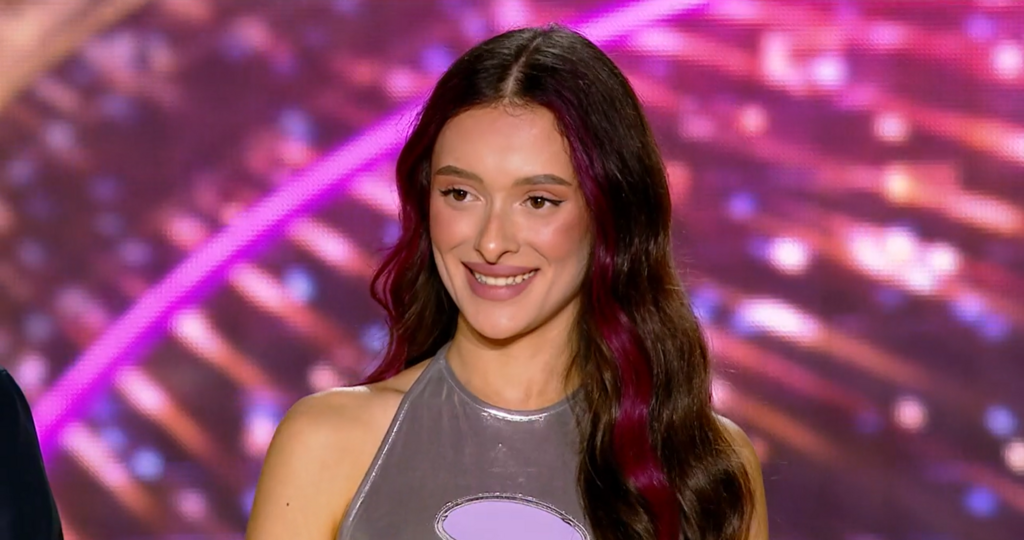Getting your Trinity Audio player ready...
It is possible to brush off the Eurovision Song Contest outrage as trivial. After all, it allegedly seems to be just a song competition taking place under a very bright spotlight. But that would be a classic Israeli mistake, akin to allowing pro-Palestinian advocates to take over universities and fester cancerous cells against us. Therefore, the Israeli Public Broadcasting Corporation (IPBC) is currently facing a significant test that risks, as dramatic as it sounds, Israel’s prestige.
More stories:
As reported by Ynet on Wednesday, the European Broadcasting Union (EBU) isn’t pleased with the Israeli song, to the point of requesting it change lines evoking memories of the Hamas attack on October 7. Naturally, the IPBC anticipated this request with the selection of a song called "October Rain."
Even if some in the EBU are fans of Guns N' Roses, they surely understand that the song’s reference isn’t for Axel Rose’s iconic ballad, but rather to the ongoing war in the Middle East.
If the EBU would only search terms in Google, they would find, for example, that one of the song’s producers, Keren Peles, has been traumatized since October 7 because she experienced the massacre in Kibbutz Be’eri as it happened, beyond the television screens, through her best friend.
The chance that Peles would create a song for the 2024 Eurovision Contest that doesn’t touch on the subject of the war is nonexistent at this time. In fact, the IPBC really helped the EBU’s claims by choosing the song, and that’s fitting. Tagging the song as political is justified. That’s right, it's hard for Israeli creators to write about other things when their best friends have been slaughtered. Deal with it.
The EBU conveyed unpleasant messages to the IPBC, demanding changes to the song. The EBU was concentrating on the idea of the song itself rather than any particularities of its lyrics. The IPBC, from a legal standpoint, argues that the song can be interpreted in different ways, an argument that is always culturally true and perhaps legally justified, but not really accurate.
That’s right, it's hard for Israeli creators to write about other things when their best friends have been slaughtered. Deal with it.
This point marks a test of strength for the IPBC and its director-general, Golan Yochpaz, who has thus far navigated it successfully. Yochpaz decided not to change a single word of the song and received the IPBC council’s approval, which rightly agreed to it.
Then came Culture and Sports Minister Miki Zohar, who has been quietly, and efficiently, working to provide a response that backs the IPBC’s decision. It's a good and important thing to see the ranks being rallied on the Israeli front on this topic.
This is the first serious international cultural event in which Israel has participated since the start of the war in Gaza. In the future, there will also be an Olympic Games, whose importance reaches much greater heights.
The developments during Eurovision will be a microcosm of things to come for Israel's acceptance during or after the war in the coming months. If the EBU insists on its demands for changes being made to the song, Israel will withdraw from the Eurovision, and rightfully so.
A black rain fell in October. Eden Golan will sing about it as best as she can. Dear friends in the EBU, it's time you faced the truth. We’re not your toy.



